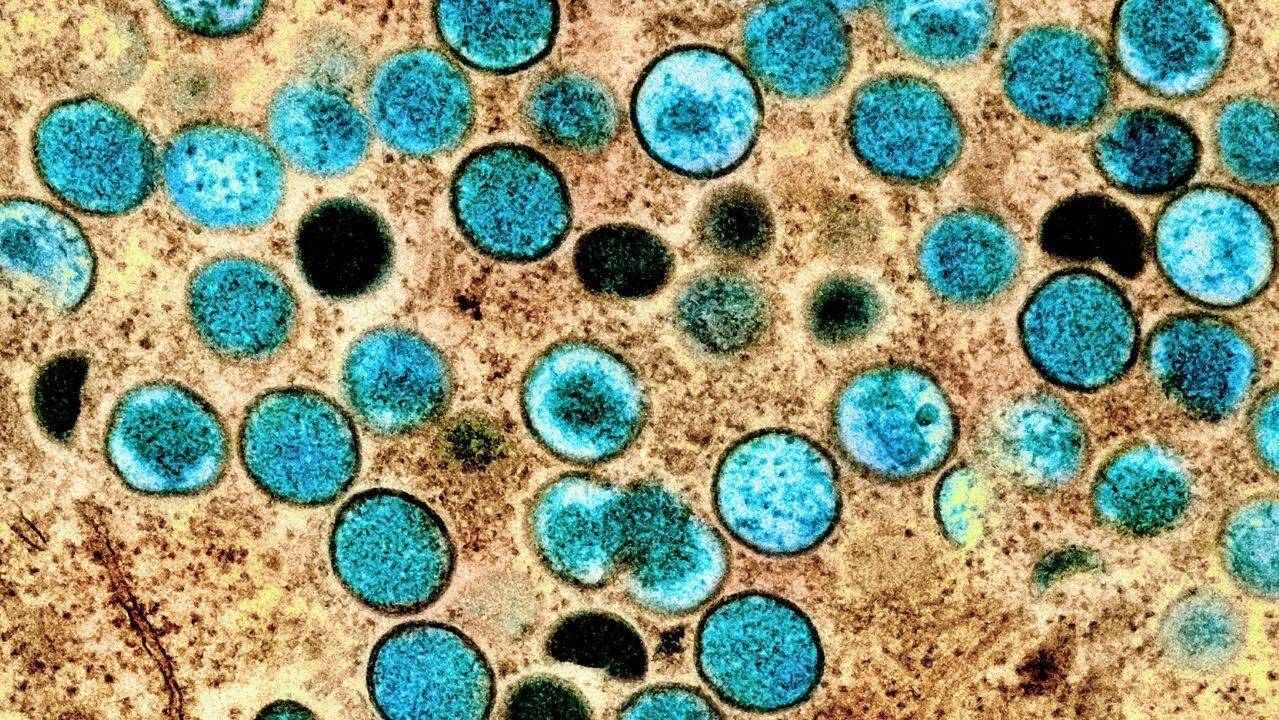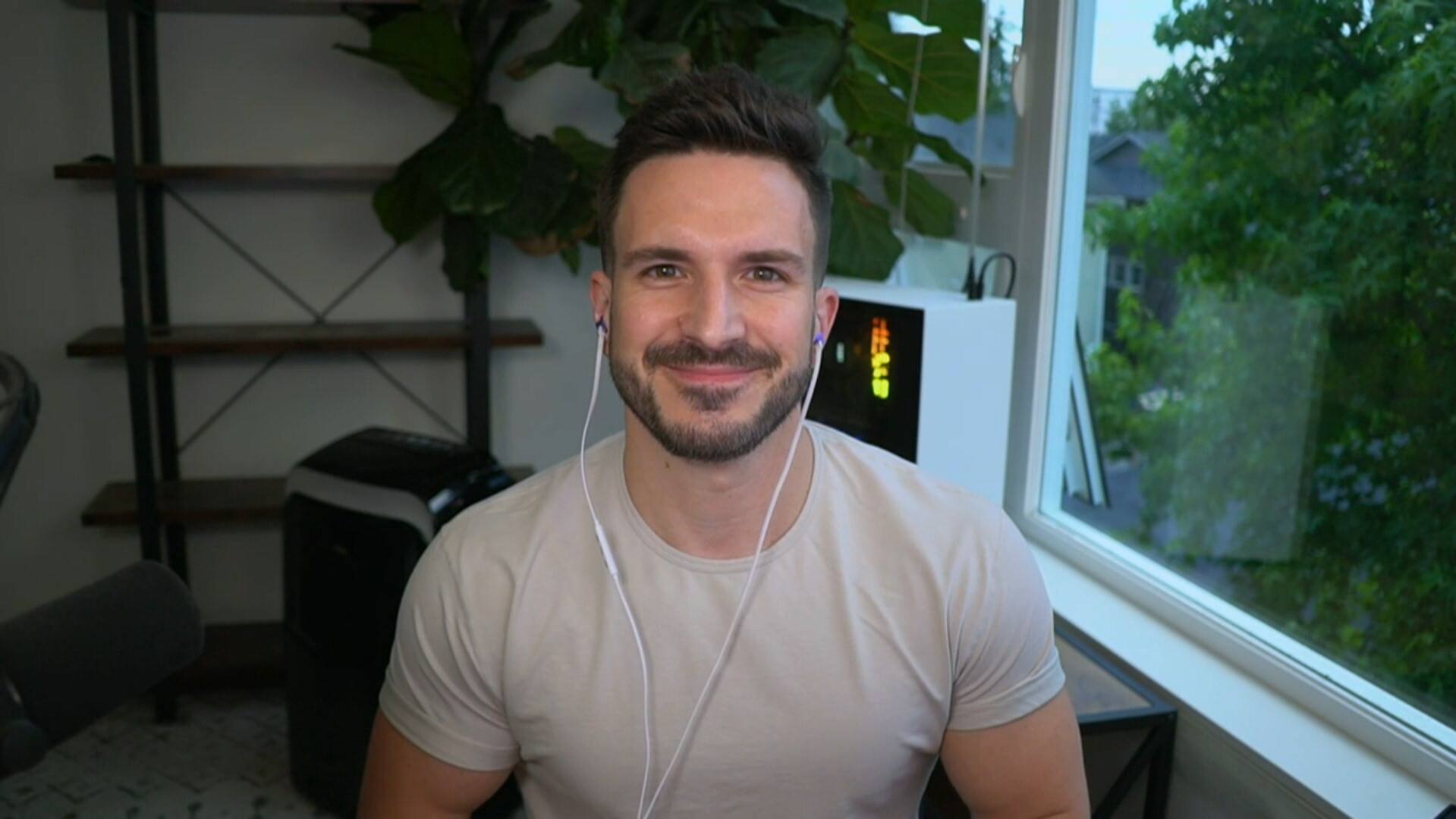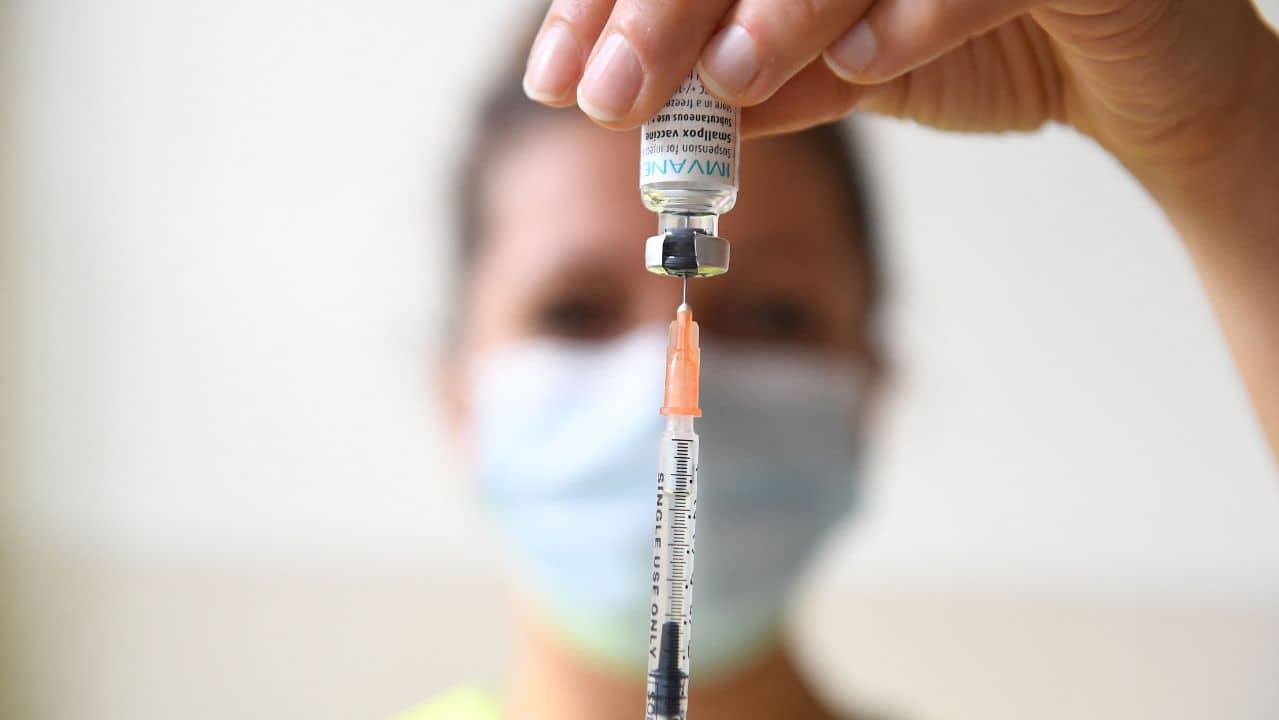California joins New York in declaring state of emergency over monkeypox | CBC News
California’s governor on Monday declared a state of emergency to speed efforts to combat the monkeypox outbreak, becoming the second state in three days to take the step.
Gavin Newsom said the declaration will help the state co-ordinate a government-wide response, seek more vaccines, and lead outreach and education efforts on where people can get treatment and vaccines.
“We’ll continue to work with the federal government to secure more vaccines, raise awareness about reducing risk, and stand with the LGBTQ community fighting stigmatization,” the Democratic governor said in a statement.
The monkeypox virus spreads through prolonged and close skin-to-skin contact, which can include hugging, cuddling and kissing, as well as through the sharing of bedding, towels and clothing. People getting sick so far have mainly been men who have sex with men, though health officials note the virus can infect anyone.
“Public health officials are clear: stigma is unacceptable and counterproductive in public health response,” Michelle Gibbons, executive director of the County Health Executives Association of California, said in a statement. “The fact is that monkeypox is primarily spread by skin to skin contact and sharing objects like bedding or towels, without regard to sexual orientation or gender identity.”
As cases of monkeypox climb in Canada, there are growing concerns that the vaccine is not widely available, and time may be running out to contain the spread.
The type of monkeypox virus identified in this outbreak is rarely fatal, and people usually recover within weeks. But the lesions and blisters caused by the virus are painful, and can prevent swallowing or bowel movements if in the throat or anus.
The declaration in California came after a similar declaration in New York state on Saturday and in San Francisco on Thursday. But Newsom’s administration had said as recently as Friday that it was too soon for such a declaration.
After pressing for Newsom to make such a declaration, Democratic state Sen. Scott Wiener of San Francisco hailed the governor’s decision.
“The monkeypox outbreak is an emergency, and we need to use every tool we have to control it,” Wiener said.
Calls for more vaccines
On July 23, the WHO declared monkeypox a “public health emergency of international concern.” Doctors fear the same pattern will repeat itself as Canada, the U.S. and European countries rush to vaccinate at-risk populations.
They’re using a vaccine originally manufactured for smallpox, which has been eradicated. In Canada, it’s called Imvamune, and small quantities were stockpiled years ago in case smallpox ever returned. Imvamune is also approved to vaccinate people against monkeypox.
Newsom’s proclamation allows emergency medical personnel to administer monkeypox vaccines that are approved by the federal government.
That’s similar to a recent law that allows pharmacists to administer vaccines, Newsom’s administration said. It said the state’s response is building on the steps developed during the coronavirus pandemic to set up vaccination clinics and ensure there is outreach to vulnerable populations in co-operation with local and community-based organizations.
California has received more than 61,000 vaccine doses and has distributed more than 25,000 doses.
“We don’t have any time to waste,” Los Angeles County Supervisor Kathryn Barger said in a statement.
Barger said the nation’s most-populous county must use all available resources to speed the distribution of vaccines and help to those who have been infected.
Seattle, Wash., resident Justin Moore trucked across the border at British Columbia, along with several friends, to get vaccinated for monkeypox, something he says he couldn’t get at home. He described the Canadian experience as ‘uplifting.’
Newsom’s office said Los Angeles County has received a separate allocation of vaccine.
As of last week, the state had expanded its testing capacity to process more than 1,000 tests a week.
In San Francisco, Peter Tran was among hundreds who lined up sometimes for hours to receive the monkeypox vaccine at the Zuckerberg San Francisco General Hospital on Monday. The clinic had been forced to close last week because it did not receive enough doses.
As monkeypox cases spread worldwide, overwhelmingly among men who have sex with men, there is growing concern that public health messages targeting that community have missed the mark.
“It’s horrible. Like this is a vaccine that’s been out for such a long time. And like, it’s not even a deadly disease. It’s harder to be transmitted than COVID. But the rollout of the vaccines throughout this nation is absolutely horrible,” Tran said.
“I think the science shows that protection is greatly improved with the vaccine. So that’s why I’m doing it. And I honestly just don’t want the lesions on my body.”
The city received about 4,000 doses on Friday and hopes to administer them by mid-week, said Dr. Lukejohn Day, chief medical officer at the Zuckerberg San Francisco General Hospital.
The city had 305 cases as of Monday, he said.
For all the latest World News Click Here
For the latest news and updates, follow us on Google News.




